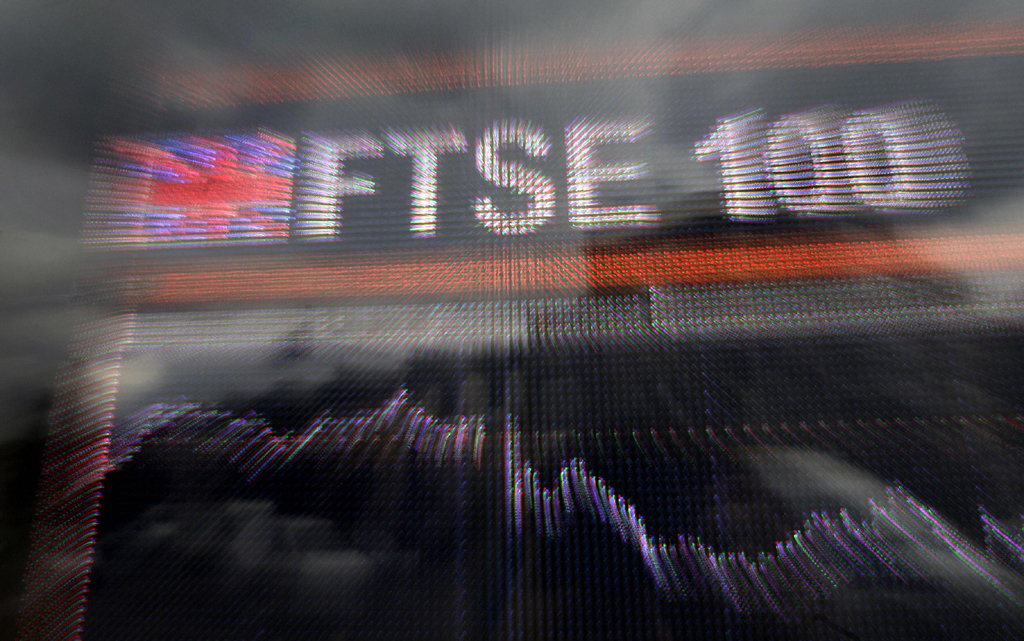FTSE 100 rises on trade tariff respite, Persimmon drags on housebuilders

Britain's FTSE 100 rose after U.S. President Donald Trump delayed raising tariffs on Chinese imports, while housebuilders fell on reports that Persimmon's government house-funding scheme was under scrutiny from the country's housing minister.
The FTSE 100 was up 0.3 percent by 0948 GMT while the FTSE 250 was down 0.4 percent as Centamin shed a fifth of its value after weak results and forecast.
Global markets greeted with relief Trump's declaration on Sunday that he would delay an increase in tariffs on Chinese imports, citing "substantial progress" in trade talks.
As a result, mining companies extended their highs and Asia-exposed financial heavyweights such as Prudential Financial and Standard Chartered also advanced.
But Persimmon skidded 6 percent to the bottom of the main index after reports that Britain's housing minister, James Brokenshire, was pressing the builder on how it operates within a public funding scheme for new house buyers.
Rival homebuilders Barratt, Taylor Wimpey and Berkeley all fell.
Bunzl fell 3.8 percent after the company said its margins remained under pressure from rising costs, even as its full-year profit beat expectations.
Primark owner Associated British Foods shed 2.2 percent after guiding to flat first-half earnings. The company's finance chief separately said it was "unbelievable" that the British government was contemplating a no-deal Brexit.
Prime Minister Theresa May put off a parliamentary vote on her Brexit deal until March 12, which lawmakers see as a tactic to get more MPs to back her proposed deal -- already rejected once -- in an attempt to avoid a split from the European Union without an agreement.
"It appears that May is running down the clock ... maybe she is thinking some MPs who don't like her deal may like it in two weeks time when there is very little time left on the clock," said CMC Markets analyst David Madden.
Centamin slipped 22 percent, on track for its worst day in more than four years, as its annual gold production fell and a 2019 production forecast missed Jefferies' estimates.
Sub-prime lender Provident Financial dipped 2.8 percent after rejecting an unsolicited takeover offer from its smaller rival Non-Standard Finance .
Also weighing on markets were data from the Confederation of British Industry (CBI) showing the country's services industry was its gloomiest since the 2009 financial crisis, caused by the "unmistakably negative" impact of Brexit uncertainty.























Comments
Comments are closed.